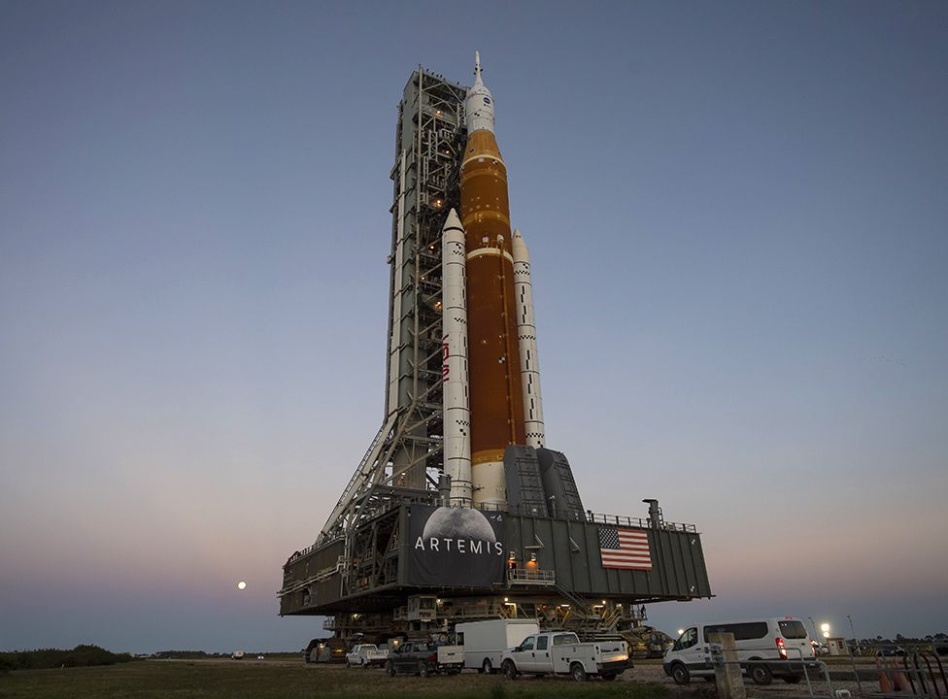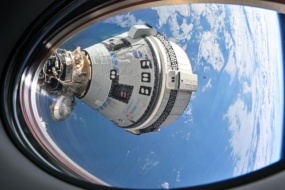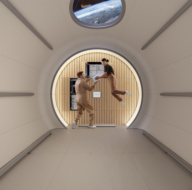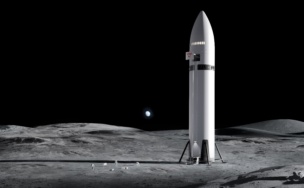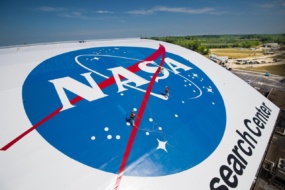The wait is almost over.
Yesterday NASA finally announced a target launch date for the debut flight of SLS, aka Artemis I. The agency’s giant moon rocket is set to roll out to the pad on Aug. 18 and could launch on either Aug. 29, Sep. 2, or Sep. 5.
The story so far: It’s been a long time coming for the first flight of SLS. The rocket is launching behind schedule and over budget, but it is finally launching. NASA ended the final wet dress rehearsal for SLS at T-29 seconds, declaring the test successful and saying it had enough data to fix any problems still remaining before launch.
The agency is planning a Flight Readiness Review on August 22, at which point it will determine whether it will launch the rocket on one of the newly announced target dates. If it’s not declared ready or if launch is scrubbed on those dates due to weather, the next window opens in November. We’ve got our fingers crossed for the first attempt.
Artemis I: The first mission in the Artemis program will be an uncrewed demo flight, lasting 38-42 days and sending the Orion capsule on a trajectory around the Moon before splashing back down in the Pacific.
